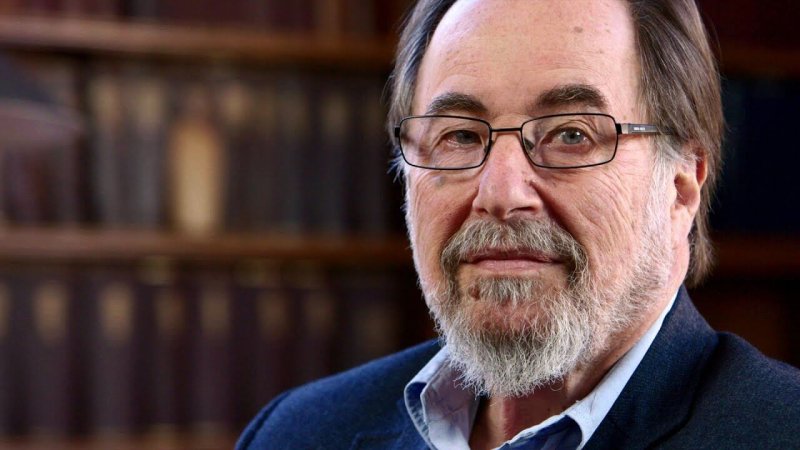Some scientists have recently proposed a temporary moratorium on editing that would result in babies that carry heritable changes.
…
Science News talked with Nobel laureate David Baltimore, who is president emeritus of Caltech, about the ongoing debate. Baltimore, a virologist and immunologist, chaired two international summits on human gene editing. The interview has been edited for brevity and clarity.
SN: You’ve come out in the past as not being in favor of a moratorium. Why?
Baltimore: It’s largely a semantic issue. Statements made after the first summit and the second summit have avoided using the term moratorium. Consciously. Because that word has been associated with very firm rules about what you can do and what you can’t do.
…
With a science that’s moving forward as rapidly as this science is, you want to be able to adapt to new discoveries, new opportunities and new understandings. To make rules is probably not a good idea.
What’s a good idea is to be on top of a changing environment and to adjust to it as time goes by. And that’s both an ethical environment and a practical environment of the mechanics of gene editing.
Read full, original post: A Nobel Prize winner argues banning CRISPR babies won’t work































